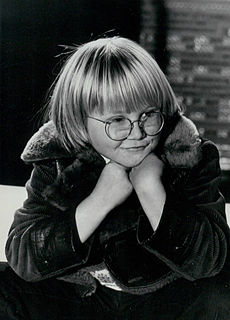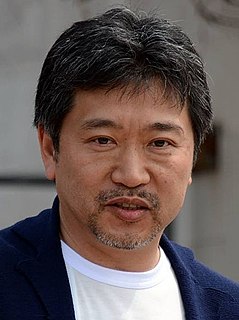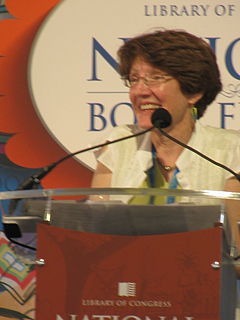A Quote by Charlie Kaufman
There are things that aren't represented in movies that are a big part of everyone's life. This is a movie about health and about the body.
Related Quotes
I think there are things that aren't represented in movies that are a big part of everyone's life. We romanticize everything about people in movies. One of the things I don't like in movies is that people feel alone with their bodily functions in the real world, as if people in the movies don't do these things.
Everyone has complexes about their body or their ability and skills and dream of a rebirth into something different. I myself have always had that secret desire to become something completely different and enact revenge on certain things. So I do that through my movies. My desires become reality in the movie because it can't become real in real life.
When I was a kid I was a big fan of the Universal Monsters movies of the 1930's and the 1940's. I loved movies like The Wolfman (1941) and Dracula (1931). I really wanted to be in those movies. Eventually I started nagging my parents about it, and it turned from, "I wanna be in a monster movie! I wanna be in a monster movie!" to "I just wanna be in a movie." So I think my parents just thought that if they took me to one audition I'd see how boring it was and I wouldn't wanna do it. But I ended up getting the part, and I got a bunch of roles after that as well.
I've ended up as a filmmaker who really loves the movie part of movies. That time in my life was a big influence on the kind of movies that I ended up making. I always think I'm going to make a movie that's gritty and real, but then I make a movie that's like an opera. I fight it at first and then that's just the way it is.
One of the things I always underscore when I teach criticism is that young critics, or would be critics, frequently have this illusion that if they write about music they're somehow part of music, or if they write about movies they're part of movies, or of they write about theater they're part of theater, or write about literature. Writing is a part of literature, we belong the species of literature. If you add all the music reviews together that have ever been written, they don't create two notes of music.
Good genre movies are a little bit like trying to write a haiku. There are certain things that you have to do to fulfill the audience's expectations, but inside that, you have complete freedom to talk about whatever you want. Who wants to see a movie about gun violence in America and class? But, if you set it in this terrifying, fun, roller coaster ride of a movie, you can talk about whatever you want. That's been the game that genre movies play, when they do it well.
It's really good to talk about it [ hydraulic penises and prosthetic butts], and it's very gratifying when people ask us about the other aspects of the film [Swiss Army Man], but [those things] are part of the movie and they're important and hilarious, a very fun part of the movie, so there's no sense from us of not wanting to talk about that. I think it's exciting that those things exist in a film that is also very heartfelt and emotional and profound.
I don't believe in making movies to cater to a foreign audience. You never know what the reaction is going to be anyhow. At the time I made Maborosi, the Japanese movies getting any foreign attention were all period dramas and seemed to be about some representative element of Japanese life, and my movie was contemporary movie about one specific woman trying to understand her husband's suicide.
I'm not a big fan of violent movies, it's not something I like to watch. And it's not my aim or goal to make a violent movie. My characters are very important, so when I'm trying to depict a certain character in my movie, if my character is violent, it will be expressed that way in the film. You cannot really deny what a character is about. To repeat, my movie end up becoming violent, but I don't start with the intent of making violent movies.
A movie is better than real life because in the movies only the bad guys die. Or you can pick the good movies where the bad guys die and only those. If you get tricked and a good person dies in the movie then you can rewrite it in your head so the good person lives and the part about death is superfluous.





































